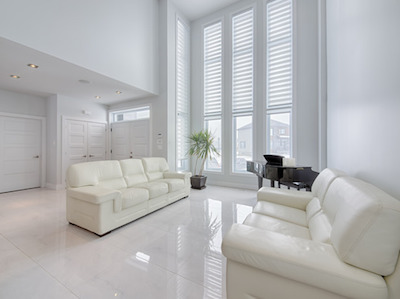I haven’t tuned my piano in years. Can it be tuned now?
In many cases, the answer is yes. But in some cases, pianos that have had years of neglect may need additional tuning – pitch raising – to achieve standard concert pitch. A standard concert pitch ensures that one instrument can play along with another and play in tune. In some cases, if a piano hasn’t been tuned in many years, it may take more than one tuning session to bring the piano back into tune. Adding too much tension at one time can cause the strings to snap. Structural problems may also be identified that can make tuning difficult at best.
When and how often should I tune my piano?
Here in Tennessee, we have a wide variety of weather conditions throughout the year. From cold to hot, with high levels of humidity throughout the year, tuning at least twice a year is usually the best practice. If your piano is brand new, has recently been moved, or has tuning stability problems, more frequent tuning schedule might be needed. The truth is that a piano begins going out of tune from the moment the tuner leaves your home. With rigorous playing, a concert pianist can throw a piano out of tune in one sitting. While the time of year isn’t as important as developing a routine, the change of seasons is often a good time structure to stick with, especially at the end of a particularly brutal season.
I just inherited an old piano. Is it worth fixing up?
To begin, you have to define what it will take to fix up your piano. Was it well taken care of? Was it sitting in a cold, dark, damp basement for the last thirty years? Most pianos can be restored to working condition, and fully restored if it’s of the highest quality workmanship or a beloved family heirloom. Tuning is the best place to start. A reputable tuner will tell you where improvements should be made to bring your piano back into good working condition.
My keys don’t work the way they should. They seem sticky. Some are cracked and chipped, and they don’t seem to play right.
If a key makes a tone when played, the problem is usually minor. If it produces a sound, the parts are in place, they may just need modification to bring them into tune. If it doesn’t make a sound, the problem could be deeper. If you can pinpoint the problem by lifting the lid and peering inside, it can help the tuner understand the problem before he arrives. If keys are chipped, the tops can be replaced. Depending on the age of your piano, it may be made of ivory, in which case replacement of the entire keyboard may be necessary. Ivory can no longer be used, and key tops will be replaced with modern key top material.
What questions do you have about your piano?


